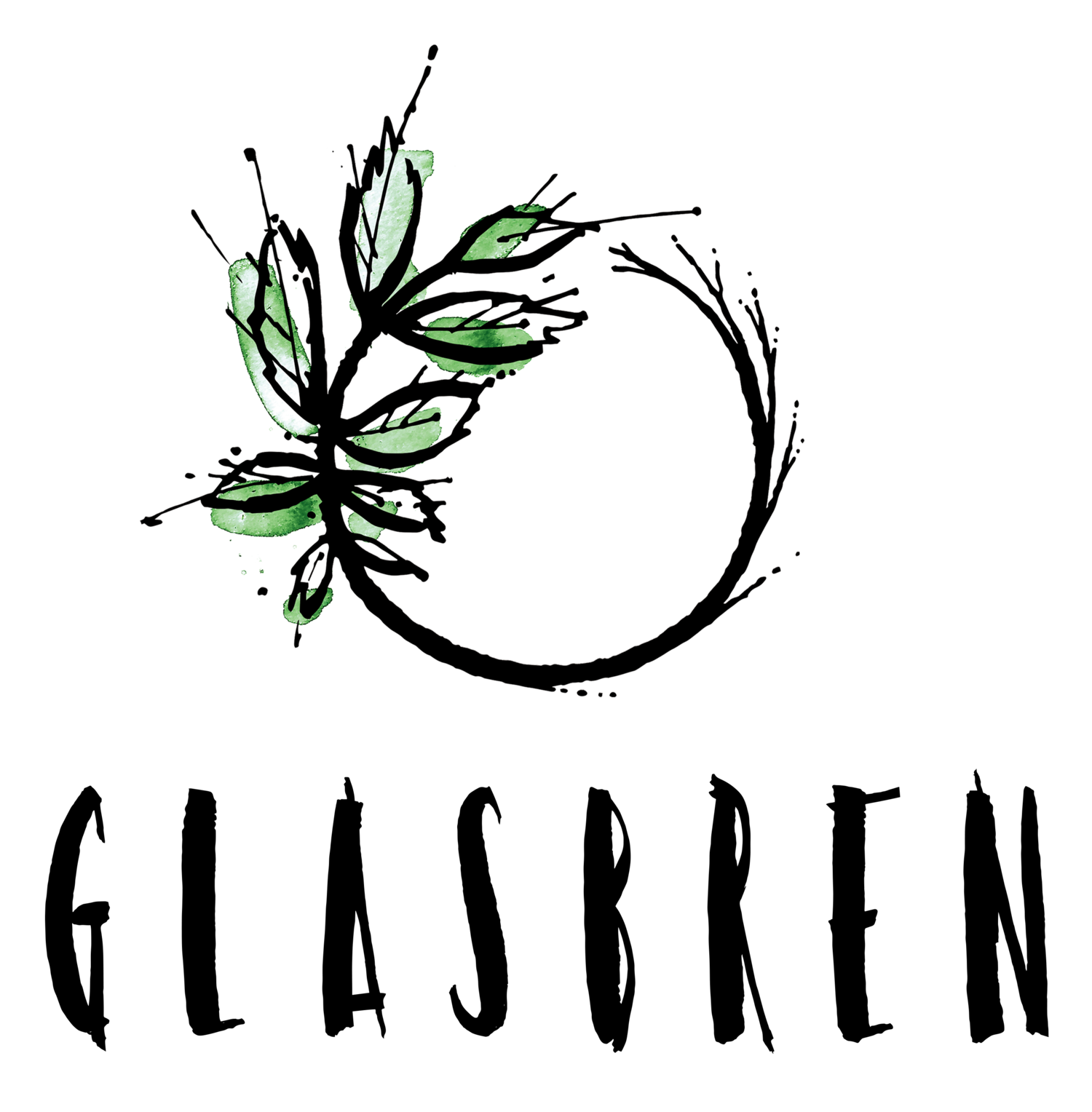Scribblings from Beyond the Veg #1 ~ Why ‘Glasbren’?
Glasbren. What does it mean?
Welsh speakers among you may be familiar with the word, but for those of you who aren’t, I wanted to share a little on the meaning of the word and why we chose it as the name of our little organisation way back when it was just ideas scribbled on paper!
First of all, it was important to me that our name came from the Welsh language, the language of this land, and still strong in the local area in and around Bancyfelin. I was educated at Bancyfelin school in the medium of Welsh and both Steff and I are Welsh speakers (though a little rusty!). I also wanted a single Welsh word that was easy to pronounce!
Most important of all, of course, as with any organisation, I wanted the name to reflect what we do, and the values, ethics and vision that underpins it.
A young, growing tree…
Glasbren is the Welsh language word for ‘Sapling’, a young, growing tree. For me, a sapling is a powerful symbol of regeneration, renewal and resilience. Life giving, restorative and adaptive to place, soil, climate and ecology. The early beginnings of a forest ecosystem, the best example we have of a complex, balanced ecosystem, a web of beneficial relationships. What better symbol to lead the work that we do? And given what we now know from the pioneering work of Susan Simard and others about the way that trees communicate through subterranean fungal networks, share resources, adapt to crisis and act for the good of the whole, it’s a strong aspiration.
“a sapling is a powerful symbol of regeneration, renewal and resilience. ”
We often hear about the value of planting trees, saplings, as a regenerative act, one that enlivens the land, breathes new and more vigorous life into it, helps to store carbon, protect the soil and provide habitat and food for other-than-human life. There are fewer more obvious and tangible acts for the future generations than planting a tree. Like the old proverb says, wise and selfless is the one who plants trees knowing they’ll never sit in their shade. That speaks to what guides our hands with every act we take.
Like a sapling, we are young, and growing, slowly pushing up from below, spreading our roots deeper every year, finding the richness, the life and sustenance we have around us locally, forging networks and relationships. Saplings don’t grow alone. We take inspiration from the forest in the way we draw from deep sources, take in the light, build structure, grow strong fibres to be able to weather storms to come, holding our ground, in the way that we grow veg for the veg boxes, have designed the garden and the way we think about the garden ecosystem - as a whole.
A few years into the project, we are still understanding what it is, what this is going to be - we are learning all the time, developing our own relationship with place, setting down roots, investing in a long term future, thinking ahead and letting the interests of future generations guide us. Planting trees, physically and metaphorically, knowing we’ll never sit in their shade.
We are a sapling, our angling roots searching for fertile soil and our place in service to the wider community. Our sights are set firmly on the long-term future, to lives and times beyond ours. Our commitment is to a resilient equitable food system, a healthy, thriving community, stewarding land & entrusting it to responsible, ecologically-minded custodians and keeping the stories, seeds, heritage and the lifeways of our land alive for a truly regenerative future.
May this project stand like old growth forest one day, deep roots feeding our community and holding our lands firm, for the children.

